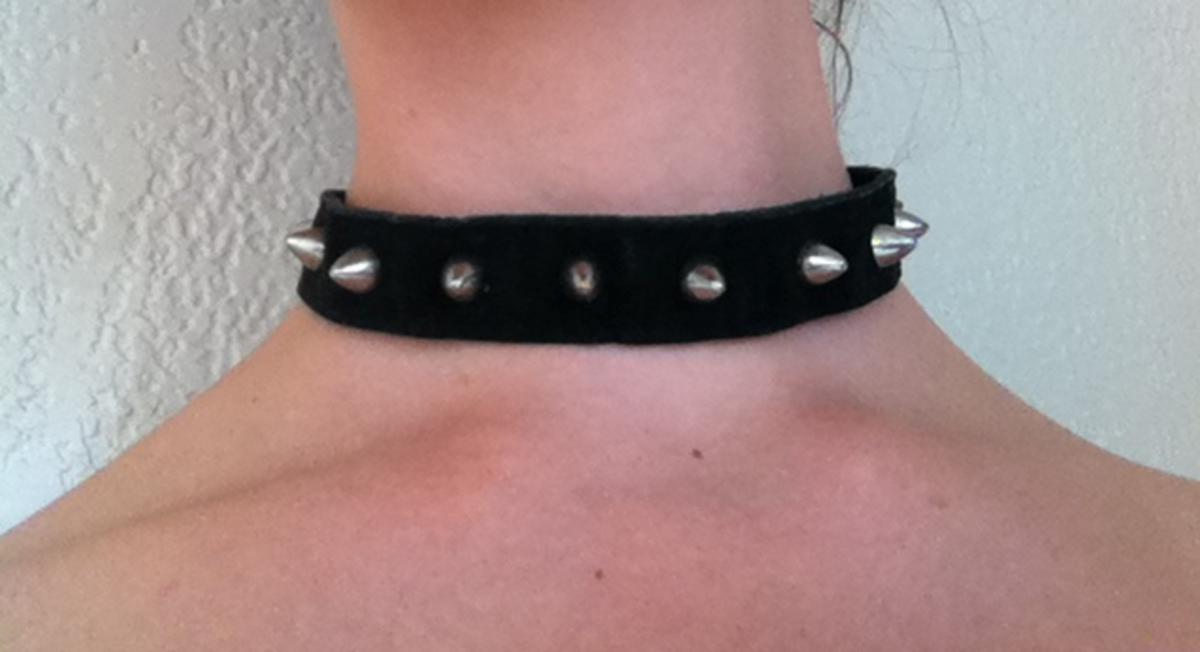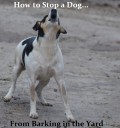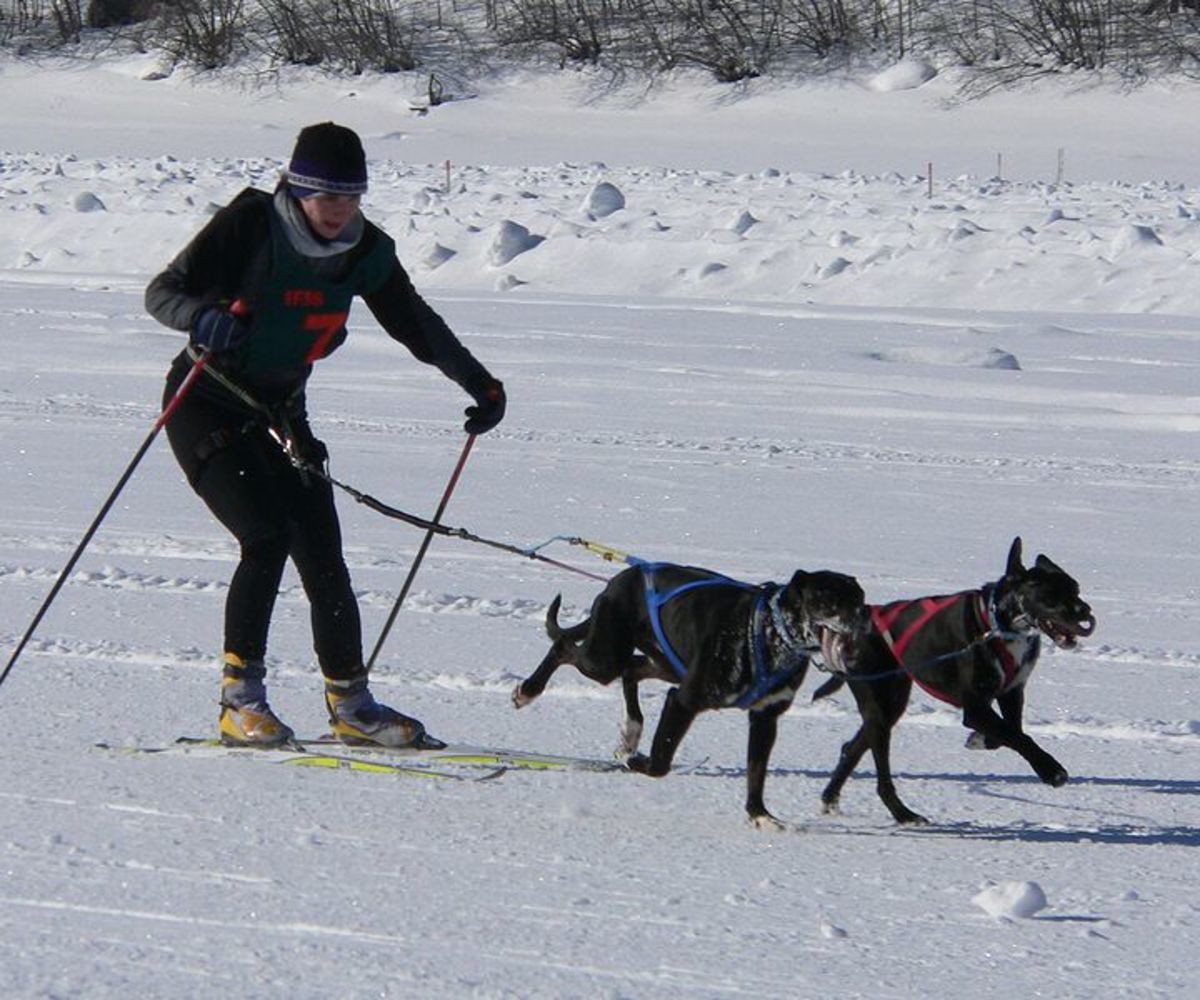Ways to Teach a Dog to Stop Barking

Yap, yap, yap - STOP BARKING - yap, yap, yap
Where there are dogs, there is barking. Sometimes the barking becomes disruptive and turns into a nuisance to families and neighbors. Dogs bark for a variety of reasons, such as if they are bored, see other animals or people, or hungry. The first thing to take into consideration when barking becomes excessive, is to learn why your dog is barking.
A well-exercised dog is more likely to sleep when you're not around. Spending time with your dog, engaging in playful activities, and maintaining a daily exercise routine can help.
Training activities can stimulate and teach your dog traits that are desirable instead of allowing bad habits accelerate out of control. Training activities can include commands, such as teaching them to sit, come, fetch, heel among many others. Every time your dog responds correctly to a command reward them with hugs, pets, praise and treats. But, be careful that the training session does not become boring and routine.
If your dog lives in the backyard most of the time, it probably needs some 'social exercising.' Walking your dog around the neighborhood, among other people, and let her get used to the sounds and smells she whiffs in the backyard. Involve her with family activities, and bring her in the house when you are home.
Keeping your dog in a place that will create lesser barking interests, close drapes to eliminate outside interests out of sight, and establishing a place away from street noises can help until your dog has refined her barking habits. If your dog is inside when you are not at home, leave the radio on. If phones and doorbells tend to set off a barking event, disconnect them before you leave.
Sometimes when a barking session begins, you can respond with an earthshaking, super loud, “STOP BARKING!” Most dogs are totally shocked and don't expect this outburst from you, might be amazed and stop barking. Things like a water gun can be effective. A surprising squirt of water to the face can work to stop the barking. And, as soon as your dog stops the barking rampage, a treat or reward should be offered.
If your dog's barking is a constant habit, don't expect the barking to stop overnight. It can take weeks, even months, of teaching and reinforcement to break an old habit. The goal is to create a new habit while getting rid of the undesirable one. Never try to stop your dog from barking by incorporating fear or violence. Scaring or hitting your dog will only cause her to be afraid of you, she will not understand. Pain is never justifiable, or necessary, when teaching any living creature!
In addition to personally working with your dog to break her barking habit, there are collars to assist in your efforts. Basically there are three types of collars: Electronic, Ultrasonic, and Scent collars.
Electronic Collar: The collar is activated by barking vibrations from the dog's vocal cords. This type of collar is also called the 'shock' collar. Your dog will feel an electric shock when she starts barking. Supposedly, the collar doesn't hurt a dog, and is advertised to be more of an irritation or annoyance. However, the intensity of the shocks can be set from mild to high, and personally, I think this could be in the painful and cruel category. The collar might actually cause the dog to be fearful of a natural activity, and withdraw from normal behavior, or become aggressive to the collar and injure itself. You do not want to stop your dog from barking entirely.
Citronella Anti-Bark Collar: Barking also triggers this type of collar. A mist of citronella scent sprays from the collar in front of the dog's nose. The citronella scent is not harmful to dogs, and besides not liking the smell, the hissing sound gets their attention. Studies have shown citronella barking collars to be twice as effective as other types of collars.
Ultrasonic Collar: This type of collar works by emitting ultrasonic signals that only dogs can hear. The dog hears a loud buzzing sound when they bark, Usually, dogs learn, quickly, that barking causes this irritating noise, and when they don't bark it stops. The sound is harmless, and can be set on low or high modes. Barking by other dogs does not trigger the unit.
If training and collars do not work, debarking surgery can be an alternative. However, this will not stop your dog from barking, but it does mute the sound and prevent it from carrying over great distances. Debarking appears to have no ill effects of a dog's desire to bark, and doesn't alter their personality in anyway. However, debarking should not be considered solely as a convenience, it should be chosen as a last-resort.








